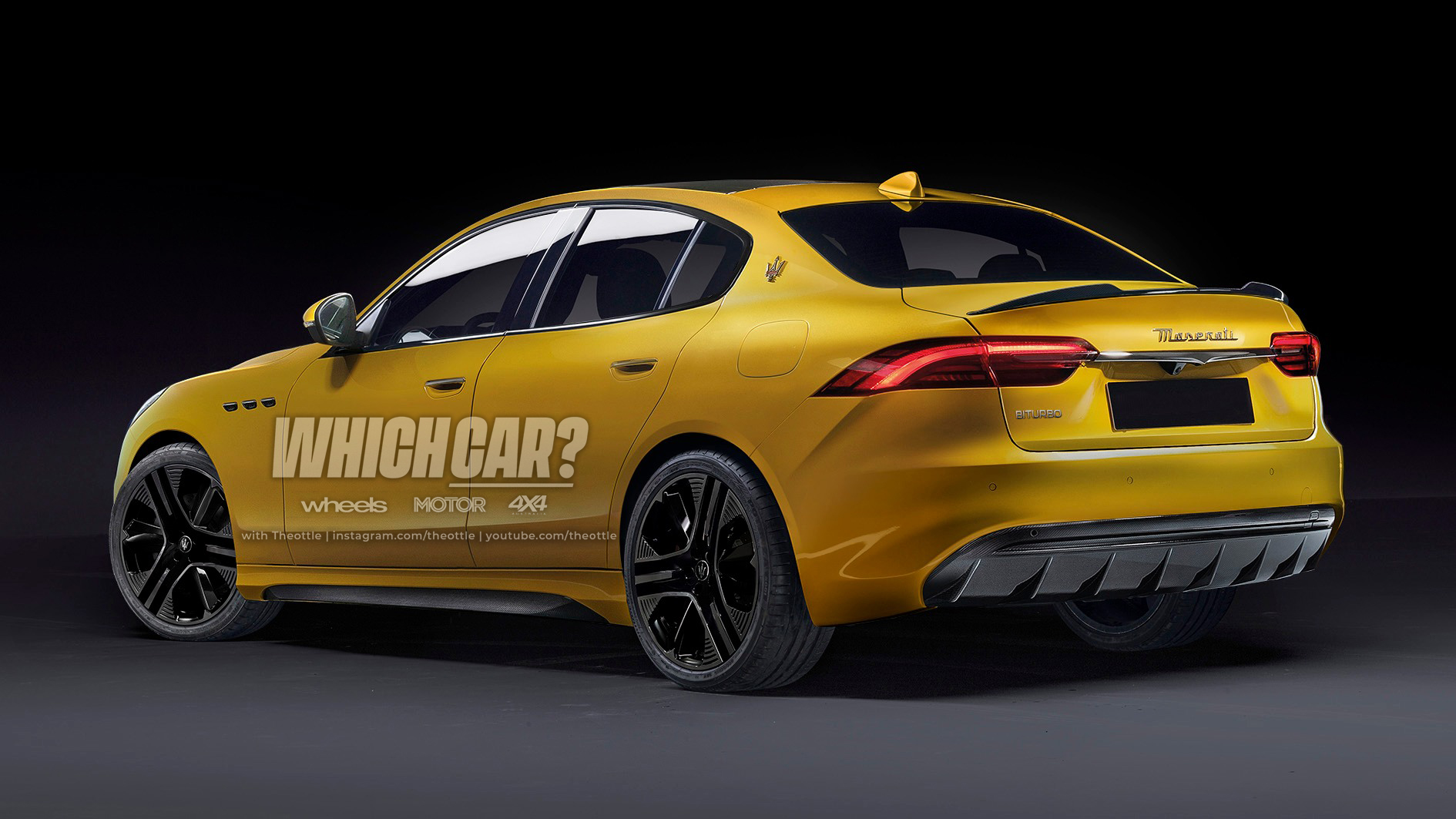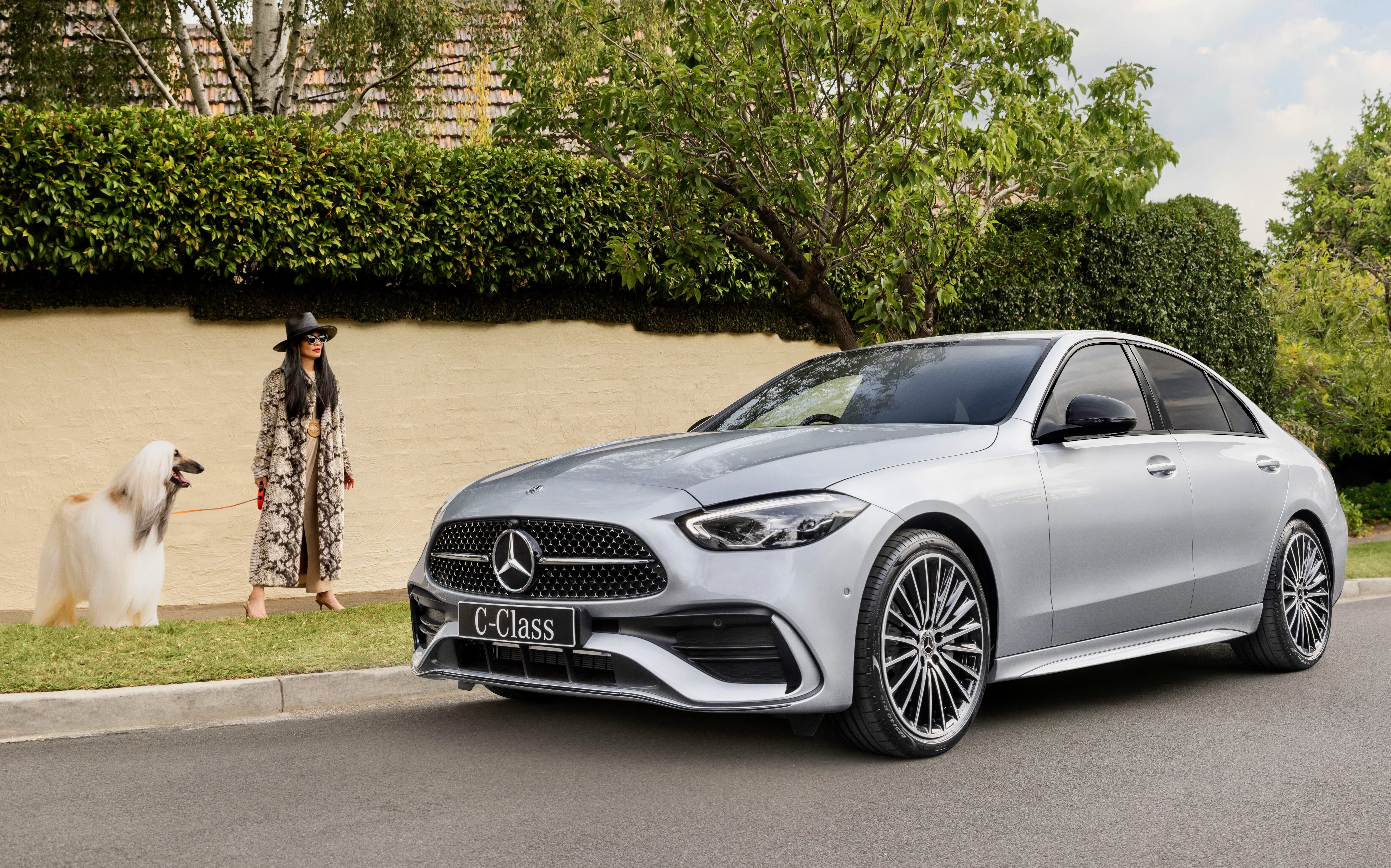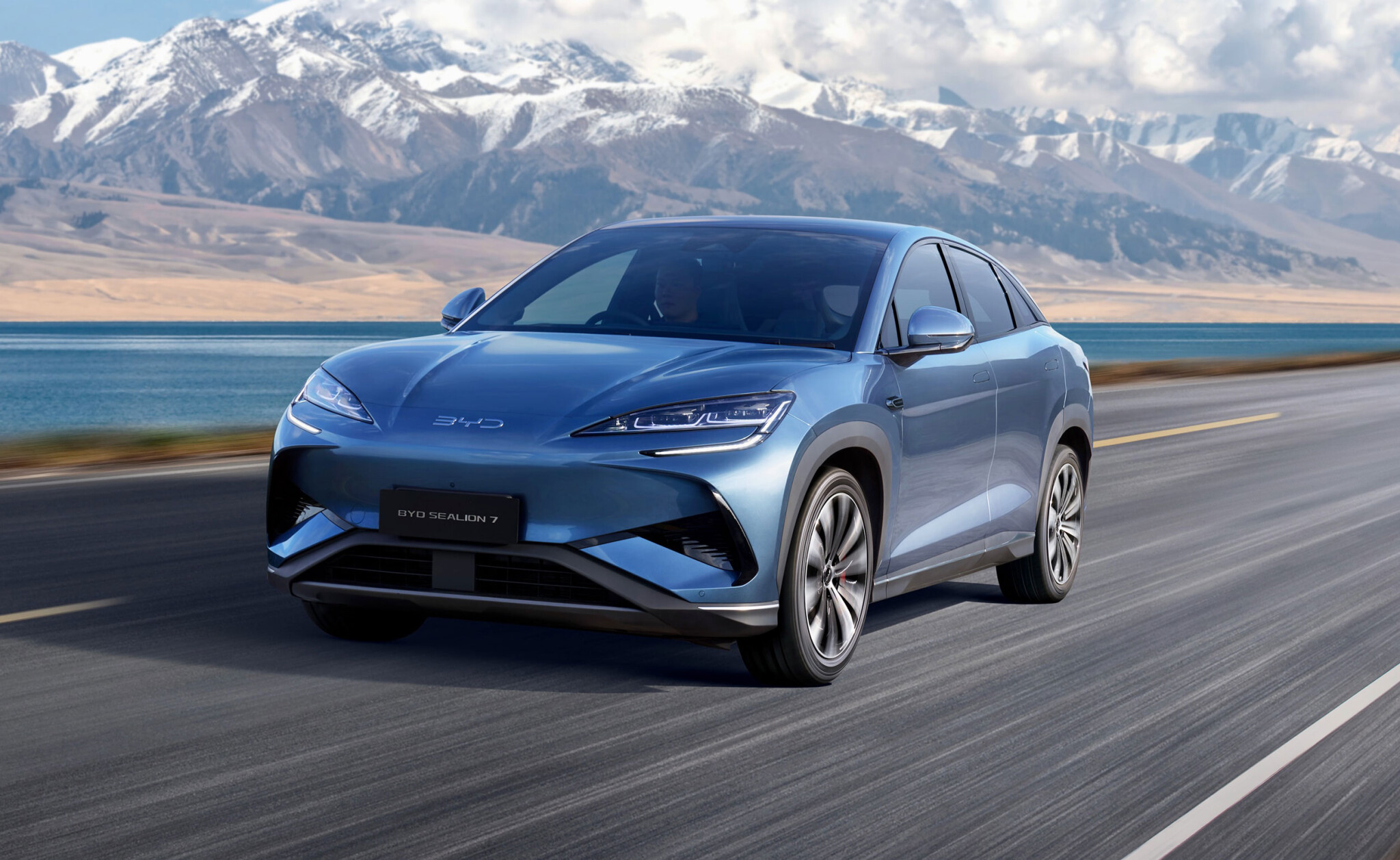Alfa Romeo is looking to do battle with the big German luxury brands.
The CEO of Alfa Romeo, Jean-Philippe Imparato, told Dutch publication AutoWeek he wanted the Italian carmaker to go toe-to-toe with the likes of BMW by developing a large luxury sedan and large SUVs.
“I haven’t told anyone before, but since we want to be the global premium brand of Stellantis and because everyone in the world knows our brand, I want to bring a high-end SUV to the market,” Imparato said at the launch of the Tonale SUV.
“How exactly are we going to shape that is another question, but above a D-segment [mid-size] model, there will also be an E-segment [large] car with very high performance,” he said.
“We are going for the most profitable segment, targeting models such as BMW’s X5, X6 and the 7 Series. That decision was made recently and with that we can also target growth markets like China.”
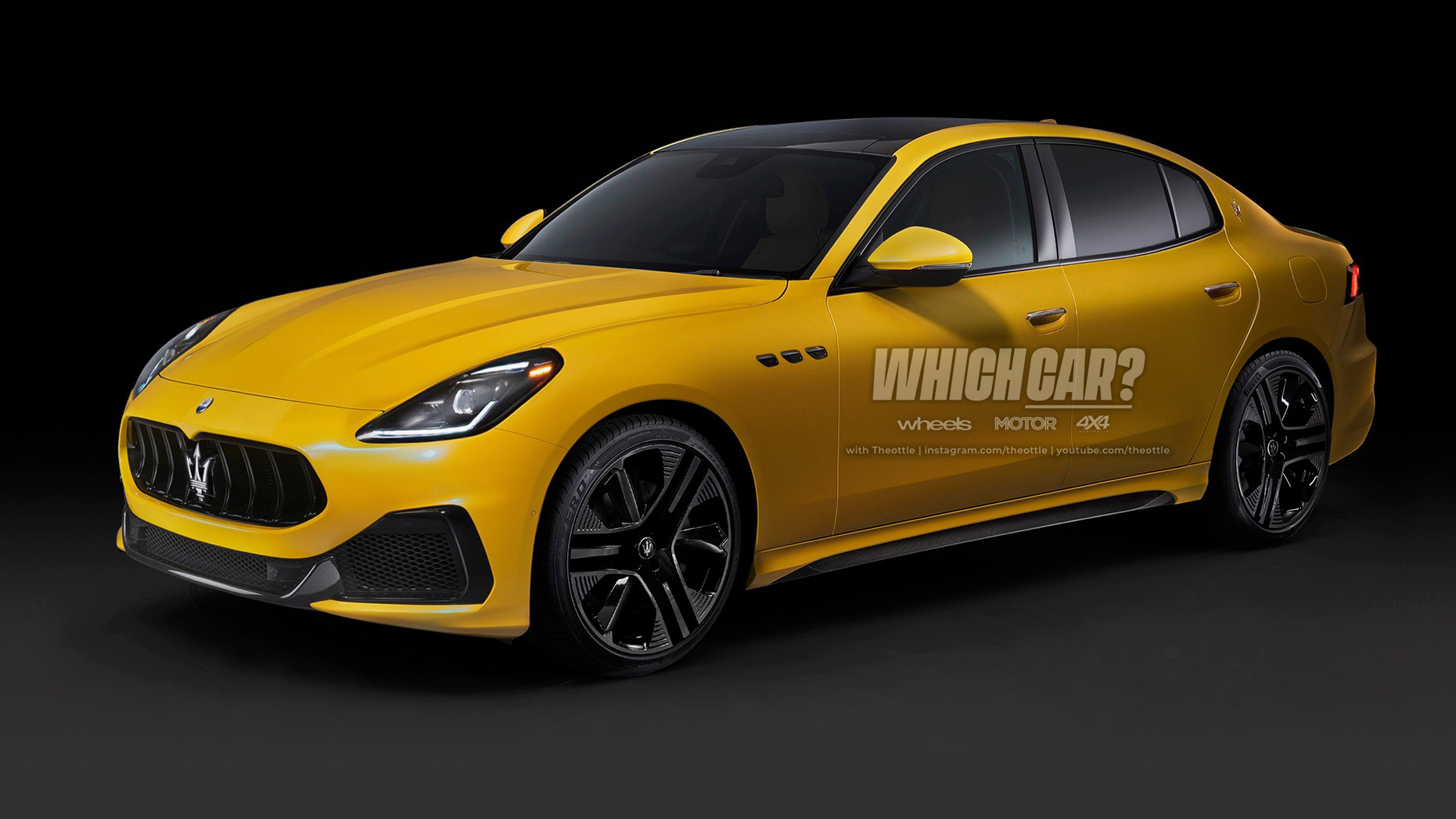
Imparato told a media roundtable in April 2021 the Italian carmarker was discarding its in-house Giorgio architecture, and would instead base its future models off electrified platforms from the Stellantis family.
“If you are not electrified, you are dead,” he said at the time, according to Automotive News Europe, while confirming future Alfa Romeo models would use the ‘STLA Large’ architecture to be shared with Chrysler, Jeep, Dodge, and Ram models.
Imparato said this week the electric limousine, SUV, and SUV coupe will arrive in 2027, falling into line with earlier comments about the company’s five-year plan.
We recommend
-
 News
NewsNew Maserati BiTurbo imagined...as an electric sedan
Maserati's two-door BiTurbo had a sedan companion, the '400' – but, just for fun, we're reimagining it as a new electric sedan (hey, if Porsche can stick 'Turbo' on an EV...)
-
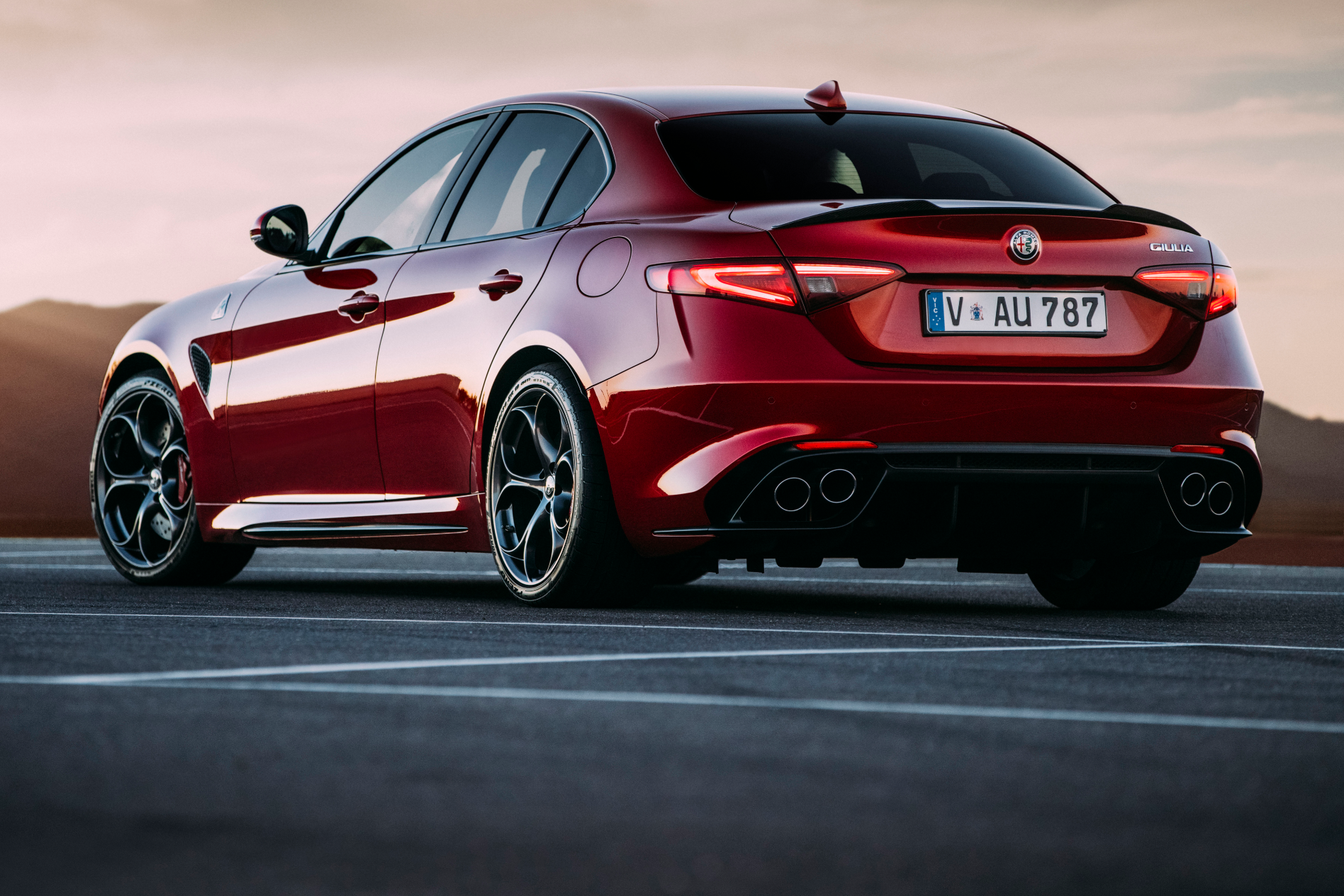 News
NewsAlfa Romeo scraps Giorgio platform for new EV architecture
The platform has been used since 2015 and cost around five billion euro to create
-
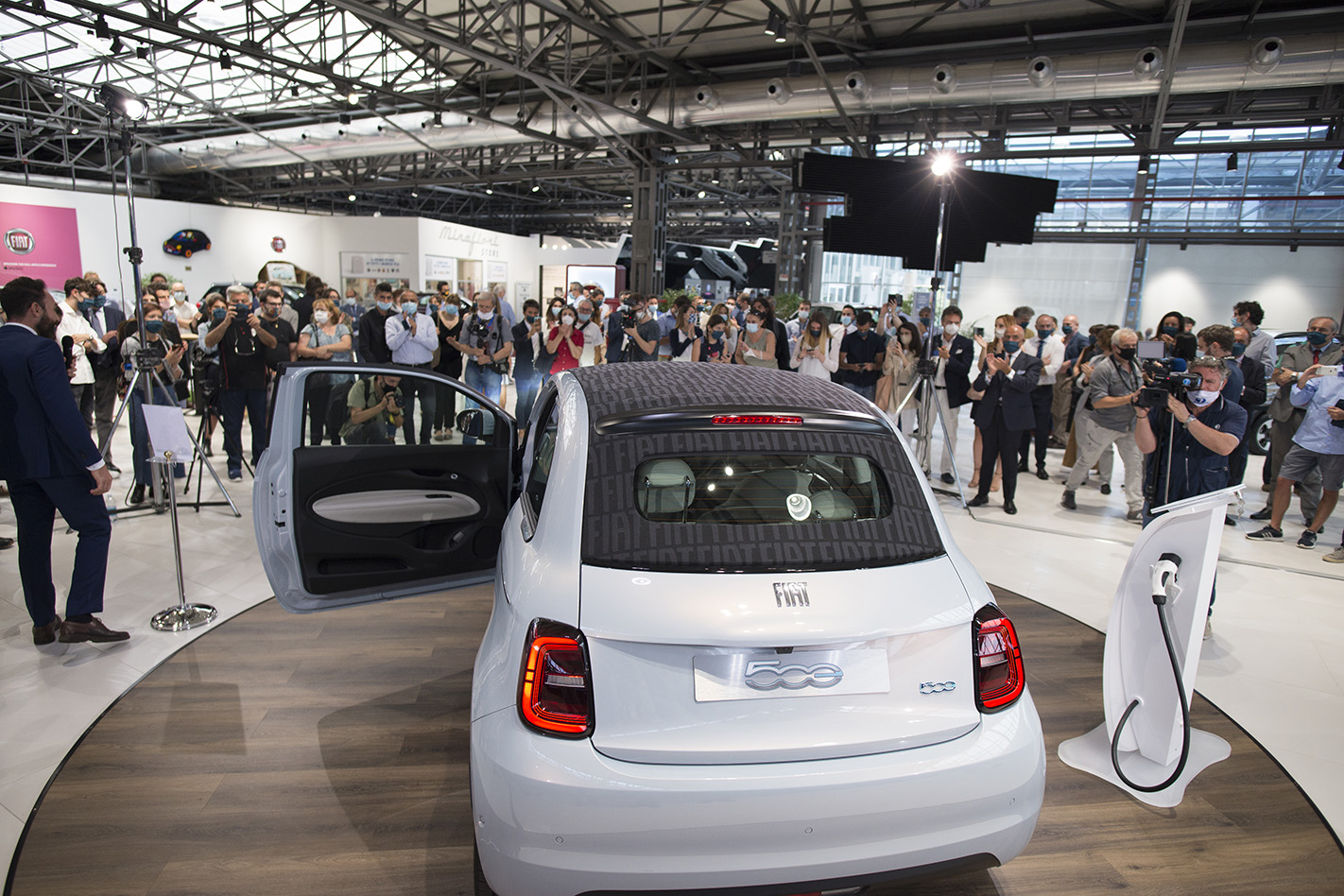 News
NewsStellantis CEO believes politicians are driving ICE bans, not the industry
It's fair to say Tavares believes the market should decide on future fuels


